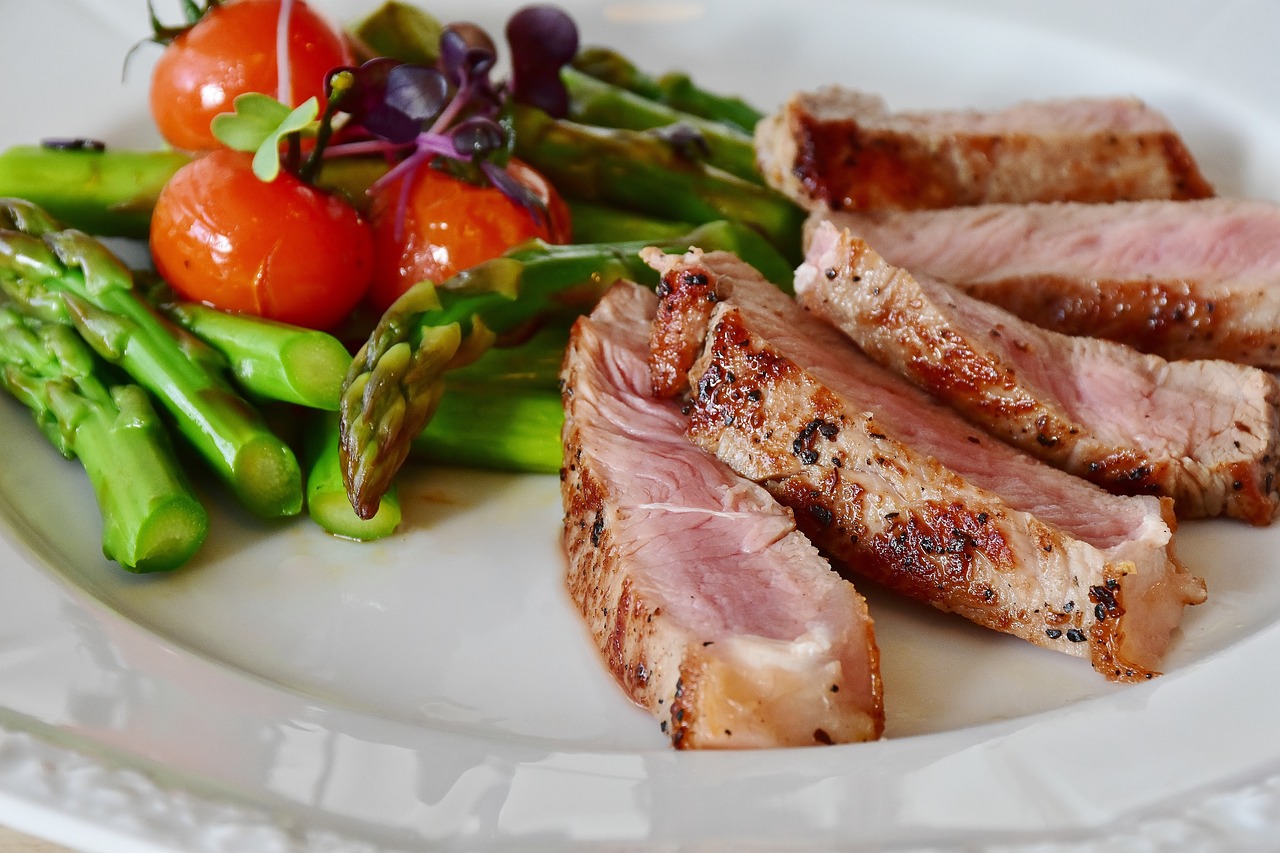The Ultimate Guide to Weight Loss: Strategies for a Healthier You
In today’s fast-paced world, weight loss has become a common pursuit for many. The desire to shed excess pounds isn’t just about aesthetics; it’s about achieving better health and improving one’s overall quality of life. However, with the overload of information available through the internet, many individuals often feel lost when it comes to effective weight loss strategies. This guide aims to break down essential components of weight loss, providing you with actionable insights and strategies that can help you embark on your journey toward a healthier lifestyle.
Understanding Weight Loss
The Science Behind Weight Loss
Weight loss fundamentally relies on the concept of caloric deficit, which occurs when you consume fewer calories than your body expends. Here’s how it works:
- Your body requires energy (calories) for various functions, including digestion, physical activity, and metabolic processes.
- When you consume food, it provides calories that your body uses for energy.
- To lose weight, aim to burn more calories than you consume.
Importance of a Balanced Diet
A balanced diet is crucial for sustainable weight loss. Incorporating a variety of nutrient-dense foods helps ensure you receive necessary vitamins and minerals while managing your caloric intake. Key components of a balanced diet include:
- Fruits and vegetables
- Whole grains
- Lean proteins (such as chicken, tofu, and legumes)
- Healthy fats (like avocados, nuts, and olive oil)
Strategies for Effective Weight Loss
Setting Realistic Goals
Setting achievable and measurable goals is critical to your success in weight loss. Consider the following strategies:
- Use the SMART criteria: Specific, Measurable, Achievable, Relevant, and Time-bound.
- Set short-term and long-term goals. For instance, aim to lose 1-2 pounds a week as a short-term goal.
- Track your progress through journals or apps that monitor weight, dietary intake, and exercise routines.
Creating a Sustainable Meal Plan
Meal planning is essential for weight loss success. Consider these tips to create a sustainable meal plan:
- Plan your meals for the week, focusing on whole foods and nutritional balance.
- Incorporate snacks that are low in calories but high in fiber to keep you satiated.
- Prepare meals in advance to avoid the temptation of unhealthy fast food options.
Incorporating Physical Activity
Types of Exercise
Exercise not only helps burn calories but also boosts your metabolism and can enhance mood. Here are different types of exercise to consider:
- Aerobic Exercise: Activities like running, swimming, or cycling that improve cardiovascular health.
- Strength Training: Lifting weights or body-weight exercises that build muscle mass and improve metabolism.
- Flexibility and Balance: Yoga or Pilates, which can also help in preventing injuries.
Creating an Exercise Routine
Establishing a consistent exercise routine can enhance your weight loss results. Here are practical tips:
- Start with 150 minutes of moderate aerobic activity per week, gradually increasing as your fitness level improves.
- Incorporate strength training exercises at least twice a week.
- Find activities you enjoy to make exercise a fun part of your routine, such as dancing, hiking, or group classes.
Psychological Aspects of Weight Loss
Mindfulness and Eating
Mindful eating practices can positively influence your weight loss journey by promoting awareness around food choices. Key practices include:
- Paying attention to hunger cues and eating only when hungry.
- Eating slowly and savoring each bite to enhance satisfaction.
- Eliminating distractions (like TV or smartphones) during meals.
Overcoming Emotional Eating
Many individuals eat in response to emotions rather than hunger. To help combat emotional eating, consider these strategies:
- Identify triggers that prompt emotional eating, such as stress or boredom.
- Engage in alternative activities when the urge to eat emotionally arises, such as walking, reading, or journaling.
- Seek support from friends, family, or professionals if emotional eating becomes challenging to manage.
Conclusion
Weight loss is a multifaceted journey that involves a blend of dietary adjustments, physical activity, and psychological awareness. By understanding the basics of nutrition, setting realistic goals, and incorporating regular exercise, you can pave the way for successful weight loss and improved health. Remember, the key to sustainable weight loss is finding a balance that works for you and maintaining it over the long term. Start today with small, manageable changes, and watch as your efforts lead to a healthier lifestyle.



